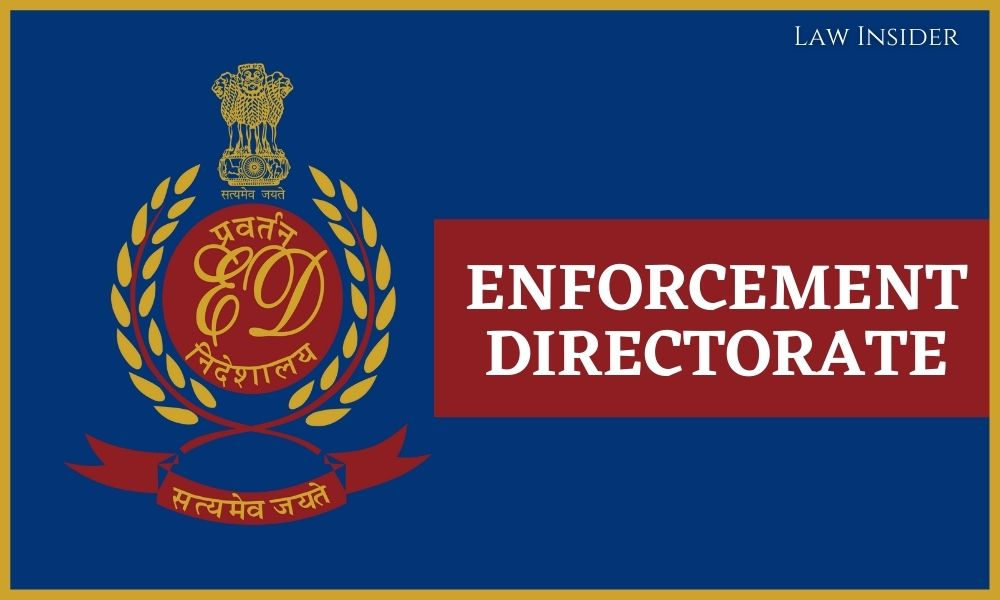Free Courses Sale ends Soon, Get It Now


Free Courses Sale ends Soon, Get It Now



Copyright infringement not intended
Picture Courtesy: www.lawinsider.in
Context: The escalating tensions between the Jharkhand Chief Minister and the Enforcement Directorate (ED) appear to be rooted in a series of events related to the agency's investigations into alleged scams and illegal activities involving government officials in the state.
Key points from the provided information
Government's Response
ED's Response to Government's Intervention
Enforcement Directorate - States Tussle
|
Background ●The ED was established in 1956 under the Foreign Exchange Regulation Act (FERA) to combat money laundering and foreign exchange malpractices. ●Over the years, its mandate has expanded to include investigating offences under the Prevention of Money Laundering Act (PMLA), Black Money (Undisclosed Foreign Income and Assets) and Imposition of Tax Act, 2015 (BMIT), and Fugitive Economic Offenders Act, 2018 (FEOA). ●The ED functions under the Department of Revenue in the Ministry of Finance, making it directly accountable to the central government. |
Reasons for the Tussle
Impact of the Tussle
Steps Taken
Challenges
Way Forward
Conclusion
Must Read Articles:
ENFORCEMENT DIRECTORATE: https://www.iasgyan.in/daily-current-affairs/enforcement-directorate-32
|
PRACTICE QUESTION Q. The ED's mandate encompasses both national security and federalism. How can the agency effectively investigate financial crimes across states while respecting the autonomy and jurisdiction of state police forces? Can a one-size-fits-all approach be adopted, or should there be regional considerations in ED operations? |
© 2024 iasgyan. All right reserved